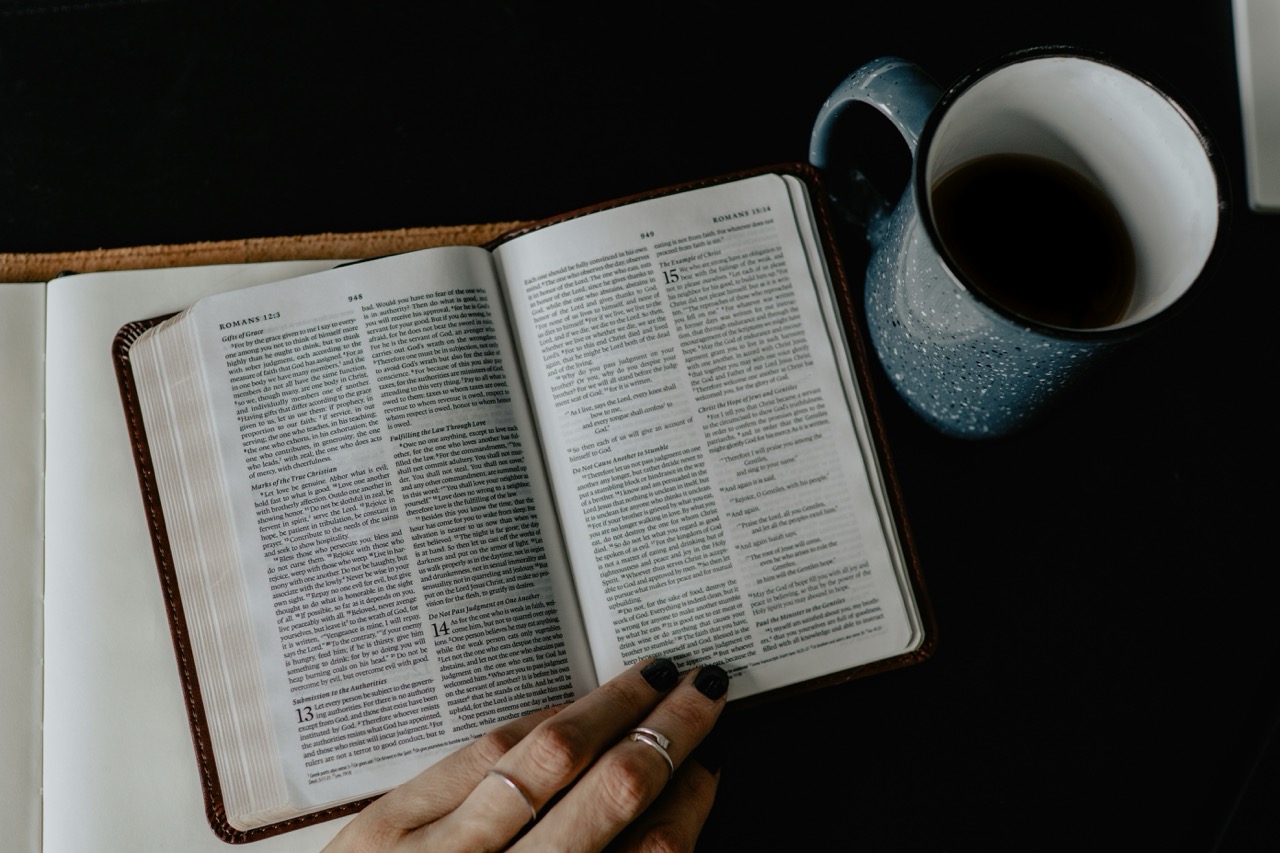The Role of Women in Genesis: Sarah, Rebekah, Leah, and Rachel

The Book of Genesis, the first book of the Bible, lays the foundational narratives of the Judeo-Christian tradition, detailing the creation of the world, the origins of humanity, and the establishment of key covenantal relationships. While the focus is often on male figures such as Abraham, Isaac, and Jacob, the roles of women in Genesis are equally significant and multifaceted. Women like Sarah, Rebekah, Leah, and Rachel not only contribute to the unfolding of biblical history but also embody complex themes such as faith, agency, and familial dynamics. Through their stories, Genesis explores the intersection of gender and covenant, highlighting how these women played crucial roles in the establishment of God’s promises.
The Significance of Women in the Genesis Narrative
Women in Genesis are not mere background characters; they are pivotal to the narrative arc and the unfolding of God’s plan for humanity. From the very beginning, women are depicted as vital figures who influence events and shape destinies. Their actions often reveal deep insights into the cultural and theological themes of the text, including fidelity, struggle, and resilience. For instance, Eve’s decision to eat from the tree of knowledge initiates a series of events leading to humanity’s complex relationship with sin and grace, while the matriarchs illustrate the challenges and triumphs of faith in the face of adversity.
The complexity of women’s roles in Genesis reflects the diverse experiences of womanhood, portraying characters who navigate their identities in patriarchal contexts. Women like Sarah and Rebekah challenge societal expectations, showcasing intelligence and agency. Their stories provide a counter-narrative to the often male-centric interpretations of biblical texts, inviting deeper engagement with the roles women play in shaping spiritual legacies. This opens up an important dialogue about gender dynamics in the ancient world and their implications for contemporary faith communities.
Additionally, the relationships between these women and their male counterparts offer profound insights into familial structures and the nature of covenant. The struggles for motherhood, the bonds of sisterhood, and the tension between rivalry and cooperation highlight the complexities of human relationships. Genesis teaches readers that women are integral to the fulfillment of divine promises, illustrating that faith and action are not limited by gender but are shared among all who seek to fulfill God’s calling.
Sarah: Matriarch and the Mother of Nations
Sarah, originally named Sarai, is a central figure in Genesis, embodying the archetype of the faithful matriarch. As the wife of Abraham, she plays a crucial role in the establishment of the Abrahamic covenant, which promises that Abraham will be the father of many nations. Despite her initial barrenness, Sarah’s journey reflects themes of hope and divine intervention. Her laughter at the promise of bearing a child at an advanced age underscores the tension between faith and disbelief, and serves as a reminder of God’s miraculous power.
Her relationship with Abraham is marked by both loyalty and struggle. In her quest for motherhood, Sarah takes drastic measures, including offering her maidservant Hagar to Abraham so that he might have an heir. This decision leads to complicated familial dynamics and highlights the societal pressures placed upon women to fulfill reproductive roles. The birth of Isaac not only fulfills God’s promise but also re-establishes Sarah’s position as the matriarch, symbolizing the continuity of the covenant lineage.
Furthermore, Sarah’s legacy extends beyond her immediate family. Her inclusion in the genealogy of key biblical figures emphasizes her importance in the broader narrative of salvation history. Her life illustrates the challenges of obedience and trust in God, ultimately portraying a portrait of faith that resonates throughout scripture. By becoming the mother of Isaac, she births a nation, and her influence shapes the trajectory of the Israelite people, underlining her vital role in God’s plan.
Rebekah: A Catalyst for the Abrahamic Covenant
Rebekah emerges in Genesis as a woman of remarkable strength and agency, playing a critical role in advancing the covenantal promises made to Abraham. When Abraham’s servant seeks a bride for Isaac, it is Rebekah’s willingness to depart from her family and embrace an unknown future that underscores her character. Her actions illustrate the theme of divine providence, as she embodies the fulfillment of God’s promise that Abraham’s lineage would continue. Rebekah’s choice to marry Isaac reflects her faith and commitment to the covenant, solidifying her status as a matriarch.
The narrative of Rebekah also highlights her intelligence and decisive nature. When she learns of Isaac’s plight and hears the prophecy that the older shall serve the younger, she takes proactive steps to ensure that her favored son, Jacob, receives the blessing intended for him. This act of subterfuge showcases her deep understanding of the covenant’s significance and her role in its unfolding. However, it also introduces themes of deception and conflict within familial relationships, raising questions about morality and divine destiny.
Moreover, Rebekah’s story raises significant reflections on the roles of women in biblical narratives. She is not merely a passive participant; instead, she actively influences the trajectory of her family and the nation of Israel. Her legacy is intertwined with that of her children, leading to the establishment of the twelve tribes of Israel through Jacob. As a woman who navigates her agency within a patriarchal framework, Rebekah represents the complexities of faith, loyalty, and the challenges faced by women in fulfilling divine purposes.
Leah and Rachel: Sisters in Rivalry and Unity
Leah and Rachel, the daughters of Laban and wives of Jacob, exemplify the intricate dynamics of sibling rivalry and the quest for love and acceptance in Genesis. Their stories reflect the profound emotional and spiritual struggles faced by women in the ancient world, particularly in the context of polygamy. Leah, often seen as the less favored sister, experiences deep longing for Jacob’s love, which is contrasted with Rachel’s beauty and Jacob’s affection for her. This tension leads to a complex interplay of jealousy, competition, and eventual solidarity between the sisters.
Their rivalry manifests in their attempts to secure Jacob’s favor through motherhood. Leah bears multiple children, seeing each birth as a means to earn Jacob’s love, while Rachel grapples with her own barrenness. The introduction of maidservants, Bilhah and Zilpah, as surrogates adds layers to their family dynamics, illustrating the lengths to which women will go to fulfill societal expectations of motherhood. This familial complexity highlights themes of identity, worth, and the struggle for agency, as both sisters navigate their roles in a patriarchal society.
Despite their rivalry, Leah and Rachel ultimately unite in their shared experiences of motherhood and the challenges they face. Their stories culminate in the formation of the twelve tribes of Israel, underscoring the importance of their legacy in the covenantal narrative. The tension and resolution in their relationship serve as a microcosm of the broader themes in Genesis, revealing how women, even in competition, can collaborate to fulfill divine intentions. As matriarchs, Leah and Rachel embody the complexities of relationships and the vital roles women play in shaping spiritual and national identities.
The roles of Sarah, Rebekah, Leah, and Rachel in Genesis offer rich insights into the complexities of womanhood, faith, and covenant in the biblical narrative. These women are not merely ancillary figures; they are integral to the unfolding story of God’s promises and the establishment of a chosen people. Their experiences reflect the challenges and triumphs of navigating patriarchal structures while asserting their agency and influence. By examining their stories, we gain a deeper understanding of how women in Genesis contribute to the tapestry of faith, shaping not only their destinies but also the future of nations. The narratives of these matriarchs serve as enduring reminders of the vital roles women have always played in the divine plan, making their legacies relevant for contemporary issues of gender, faith, and community.




